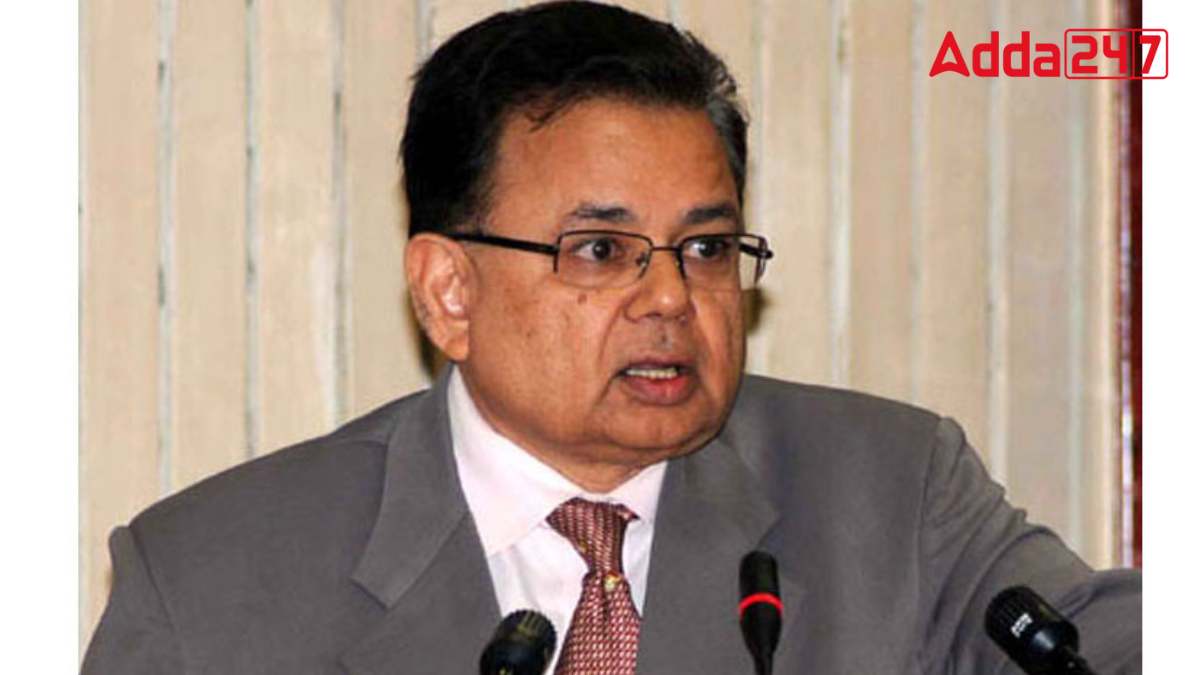Prince Sri Nagendra Singh was an Indian lawyer and distinguished public servant who made significant contributions to global justice. He served as President of the International Court of Justice (ICJ) from 1985 to 1988, becoming the first Indian to hold this esteemed position. Throughout his life, Singh played a key role in various national and international legal institutions and was awarded the Padma Vibhushan for his contributions.
Early Life of Nagendra Singh
Prince Nagendra Singh, born on 18 March 1914 in Dungarpur, Rajasthan, hailed from a royal family. His father was King Vijay Singh I, and his elder brother was Laxman Singh I, the last monarch of Dungarpur. Singh received his education at Mayo College and later attended St. John’s College, Cambridge, where he laid the foundation for his illustrious legal career.
Career of Nagendra Singh in the Indian Civil Service
Nagendra Singh joined the Indian Civil Service, holding several important administrative positions, including Regional Commissioner for the Eastern States and Joint Secretary for India’s Defense Ministry. His work within India’s governmental structure was marked by efficiency and dedication. Singh was also a member of the Constituent Assembly of India, which framed the country’s Constitution.
Contributions to the United Nations
In 1966, 1969, and 1975, Singh represented India at the United Nations Assembly. His international legal career gained momentum when he served as a member of the United Nations International Law Commission from 1967 to 1972. His leadership and expertise in international law earned him respect globally.
Nagendra Singh as Chief Election Commissioner of India
Between 1 October 1972 and 6 February 1973, Singh served as the 4th Chief Election Commissioner of India. Although his term was brief, his integrity and sense of duty were well-regarded during this time. Afterward, he moved to an even higher international platform.
Nagendra Singh as First Indian Judge at the International Court of Justice
In 1973, Nagendra Singh was appointed as a judge at the International Court of Justice in The Hague. His knowledge of international law and diplomacy shone in his work at the ICJ. He was elected as President of the ICJ in 1985 and served until 1988, making him the first Indian to hold this prestigious position. Under his leadership, the ICJ dealt with various complex international legal disputes, further enhancing India’s reputation in the realm of global justice.
Awards and Honors Presented to Nagendra Singh
In recognition of his contributions, Singh was awarded the Padma Vibhushan, India’s second-highest civilian award, in 1973. Earlier in his life, in 1938, he received the prestigious Kama award.
Legacy of Nagendra Singh
Prince Nagendra Singh passed away on 11 December 1988 in The Hague, Netherlands. His legacy lives on as a pioneer in international law, and he continues to be remembered as one of the most respected Indian figures in global legal institutions. His work at the ICJ opened doors for future Indian legal professionals on the world stage.




 Which District is known as the Medical C...
Which District is known as the Medical C...
 Which was the First Women's University i...
Which was the First Women's University i...
 Which Island is known as the Island of P...
Which Island is known as the Island of P...








